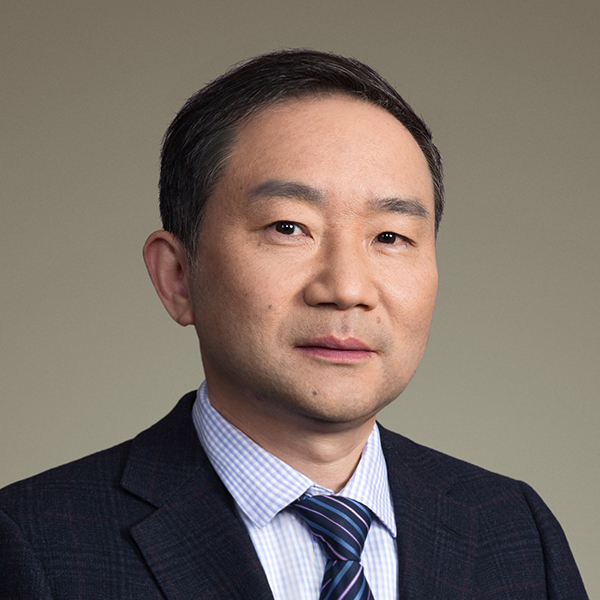
【Prof. LIU Yuan, Director of ZJU’s Center of Information Technology and Economic and Social System, Deputy Leader of Zhejiang e-commerce expert group, Executive Director of China Association for Information System (CNAIS)】
The Eighth Plenary Session of the 14th Provincial Party Committee has pointed out that it is necessary to start a new journey of building a leading province in socialist modernization, strive to achieve the "ten leading" goals including digital empowerment modernization, accelerate the construction of a global advanced manufacturing base and further implement the "No. 1 Project Version 2.0" of the digital economy so as to promote reforms in all fields and aspects based on the digital reform. Digital reform is actually an all-round reform that digitally empowers the transformation and upgrading of the economy and society and the construction of the modern government so as to meet the needs of the people.
The reform of the digital industry has significantly promoted the transformation and upgrading of the real economy. At present, we must continue to accelerate the further integration of digital technologies represented by 5G, artificial intelligence, cloud computing, big data, and new energy with the real economy, and constantly achieve the rapid breakthroughs in the fields such as Internet of Things and Industrial Internet. As we know, data is becoming an important factor of production, and the development of digital technology is triggering resource reorganization, changing the traditional way of production, and realizing maximum utilization of resources and faster development of the economy and society. Meanwhile, the role of data in deepening the "Internet + advanced manufacturing" has become increasingly prominent, which is driving the rapid transformation and development of traditional manufacturing industry to digital, networked, and intelligent directions, and gradually deriving a series of new formats such as e-commerce and mobile payment and will in the end generate and promote the new kinetic energy for the growth of the real economy by means of systematic and comprehensive digital reforms.
The creation of digital platforms has effectively promoted the construction of a modern government of "integrated intelligent governance". The pushing force from digital information has enabled cross-level, cross-regional, and cross-departmental government collaboration, and the close contact and interaction between the government, the market, and society has blurred the traditional power boundaries. These changes have brought a huge impact on the bureaucracy, and the concept of government governance and the governance mechanism have been gradually reconstructed, forming a new governance model. The construction of a digital platform can provide a methodology to realize the resource integration and value sharing among all levels and departments. And based on such a platform system, problems such as information asymmetry, slow action response, and low governance efficiency in the governance and decision-making process can be solved as a whole, and the resultant force in governance of the overall government can be stimulated.